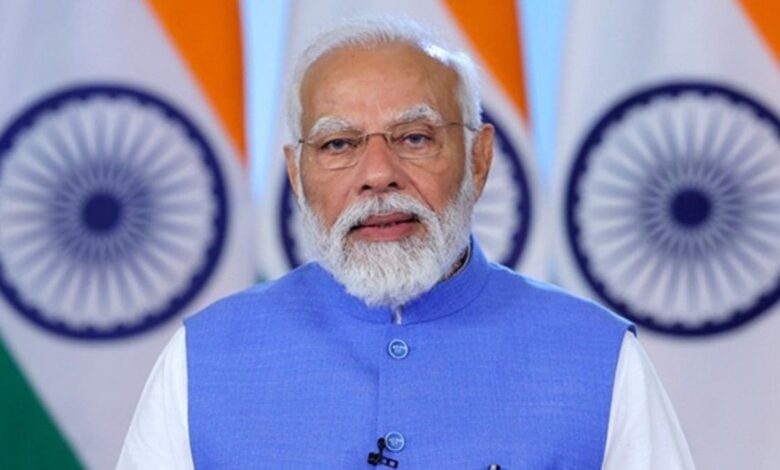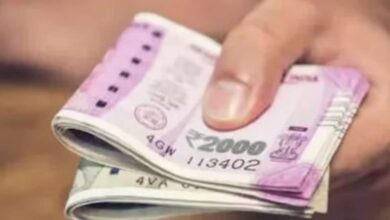PM Narendra Modi Inaugurates 8th ITU-WTSA, Highlights India’s Telecom Revolution

PM Narendra Modi (File photo)
Prime Minister also inaugurated the 8th edition of the India Mobile Congress (IMC), with the theme, ‘The Future is Now’.
Prime Minister Narendra Modi inaugurated the 8th edition of the International Telecommunication Union-World Telecommunication Standardization Assembly (ITU-WTSA) at Bharat Mandapam in New Delhi on Tuesday, emphasising India’s rapid strides in telecom and digital technology.
Along with the 8th edition of the ITU-WTSA, the Prime Minister also inaugurated the 8th edition of the India Mobile Congress (IMC), with the theme, ‘The Future is Now’.
Addressing the assembly, PM Modi said, “India is one of the most happening countries globally in terms of telecom and related technologies. With 1.2 billion mobile users and 950 million internet users, India handles more than 40 per cent of the world’s real-time digital transactions.”
“Digital connectivity here is not only about technology but also a tool for last-mile delivery, making this global discussion on telecommunications an opportunity for global good.”
PM Modi connected the WTSA’s mission with the India Mobile Congress (IMC), stating, “WTSA focuses on global empowerment through consensus, while the India Mobile Congress centres on connectivity. Consensus and connectivity are vital in today’s conflict-ridden world. India, through the age-old message of ‘Vasudhaiva Kutumbakam’ (the world is one family), is committed to leading by example.”
The Prime Minister further noted India’s efforts to unite the globe, highlighting the nation’s leadership at the G20 summit.
“When we led the G20, we gave the message of ‘One Earth, One Family, One Future’. India working towards connecting the world by taking it out of conflict,” he said.
PM Modi also spotlighted India’s telecom manufacturing revolution, revealing that in 2014, the nation had only two mobile manufacturing units, while today, there are more than 200.
“Earlier, we imported most of our mobile phones. Today, we manufacture six times more mobile phones than before and are now exporting phones globally. India is not stopping there; we are moving towards producing entirely ‘Made-in-India’ phones, from chips to finished products. Our investments in semiconductors are substantial,” he added.
Amid growing concerns over cyber threats, the Prime Minister called for a global digital governance framework.
“The time has come for global institutions to acknowledge the need for a framework that governs technology and protects citizens. Technology today transcends borders, and no country can fight cyber threats alone. We must work together to create global ‘dos and don’ts’ for the digital age,” he said.
He also stressed India’s Data Protection Act and National Cyber Security Strategy as proof of the country’s commitment to a safe digital ecosystem.
Highlighting India’s rapid digital growth, PM Modi said that in just a decade, the length of optical fiber laid in India is eight times the distance between the Earth and the Moon.
“Two years ago, we launched 5G services, and today, nearly every district in India is connected. India has now become the second-largest 5G market globally, and we are already progressing rapidly towards 6G technology,” he said.
The Prime Minister also underscored India’s efforts to create more opportunities for women in technology leadership, mentioning the Namo Drone Didi program, which promotes a drone revolution in agriculture led by women in rural areas.
He highlighted the Bank Sakhi initiative, where women are leading digital banking and payments awareness at the grassroots level.
In healthcare, PM Modi noted that ASHA and Anganwadi workers use tablets and apps to track maternity and child care, demonstrating the growing integration of digital tools in essential services.
Following the inauguration, he toured the exhibition at the location with Union Communications Minister Jyotiraditya Scindia. This marks the inaugural hosting of ITU-WTSA in India and the Asia-Pacific region.
(This story has not been edited by digihunt staff and is published from a syndicated news agency feed – IANS)


